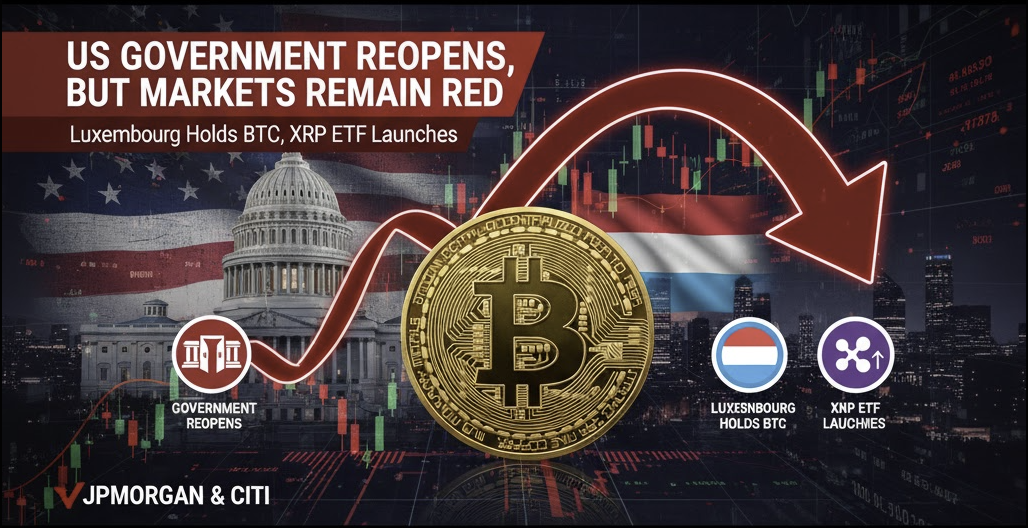Market Overview
On Thursday (08/05), U.S. stock markets closed positively, with all three major indices finishing in the green. The Nasdaq led the gains with a 1.07% increase, reflecting renewed risk appetite among investors. Despite this, futures contracts indicated slight corrections, suggesting that traders remain cautious amid ongoing global trade uncertainties. Gold climbed to $3,315 per ounce, while crude oil reached $60 per barrel, reflecting broader inflationary pressures.

Bitcoin surged past the critical $100,000 level, briefly peaking at $102,000 before stabilizing around this range. This significant move solidifies Bitcoin's status as one of the most valuable assets globally, surpassing tech giants like Google and Amazon to become the fifth-largest asset by market capitalization. This milestone underscores Bitcoin's unique position as both a store of value and a speculative asset, increasingly favored by institutional and retail investors alike.

Ethereum also posted significant gains, surging 20% within the past 24 hours as the broader cryptocurrency market rallied. Total crypto market capitalization has now reached $3.361 trillion, reinforcing the ongoing bullish sentiment across digital assets.

U.S. Bitcoin spot ETFs also reported positive inflows on Thursday (08/05), indicating sustained institutional interest despite recent profit-taking. This continued capital inflow suggests that institutional investors are increasingly viewing Bitcoin as a strategic asset amid global economic uncertainties.

First US-UK Trade Deal Finalized
In a long-awaited announcement, President Donald Trump confirmed that the United States and the United Kingdom have signed a comprehensive and historic trade agreement. This marks the first full trade deal signed by the US under the Trump administration and represents a critical step in strengthening economic ties between the two allies.

Key components of the agreement include:
- $5 Billion in U.S. Exports: The deal facilitates the export of a wide range of American products, including ethanol, beef, grains, fruits, vegetables, animal feed, tobacco, soft drinks, seafood, textiles, chemicals, machinery, and more.
- Higher Tariffs on UK Goods: The US will impose a 10% tariff on British imports, up from the previous 3.4%, generating an estimated $6 billion in annual tariff revenue.
- Automotive Export Quotas: The UK agreed to a quota allowing it to export up to 100,000 cars to the US annually at a 10% tariff rate.
- Aircraft Parts and Manufacturing: The UK committed to purchasing $10 billion worth of Boeing aircraft parts, supporting the American manufacturing sector.
- Pharmaceutical Supply Chain Protections: The UK pledged to secure critical pharmaceutical supply chains, ensuring steady access to essential medicines for US consumers.
In return, the UK agreed to reduce tariffs on American goods from 5.1% to 1.8% and joined the Steel and Aluminum Trade Alliance, setting quotas and tariff structures for critical raw materials.
This breakthrough is expected to serve as a template for future US trade agreements, particularly as Trump seeks to rebalance trade relationships with other major economies. The deal is seen as a significant diplomatic win for both countries, potentially reshaping global trade dynamics as they seek to reduce dependence on China.
Future Trade Deals and Tariff Strategy
Following the US-UK trade announcement, President Trump indicated that additional trade deals are in the pipeline, with negotiations nearing completion with three other major trading partners.
However, Trump also signaled a tougher stance on tariffs moving forward, stating that the minimum tariff rate for any future trade deals will be set at 10%, with higher rates possible for countries with significant trade surpluses. This move aims to rebalance trade flows and reduce the US trade deficit, a key priority for the Trump administration.
When asked whether the UK deal would serve as a "model" for future agreements, Trump firmly rejected the notion, emphasizing that each deal will be tailored to address specific economic and geopolitical goals.
Trump's Continued Criticism of the Federal Reserve
Despite the positive trade news, President Trump once again directed sharp criticism at Federal Reserve Chairman Jerome Powell. Trump, who has repeatedly called for lower interest rates, referred to Powell as "Too Late" Powell, accusing him of failing to act quickly enough to support the US economy.

Trump argued that the Fed's reluctance to cut rates is undermining the effectiveness of his trade strategy, particularly as tariffs generate significant revenue for the US Treasury. He cited falling oil, energy, and grocery prices as evidence that inflation is under control, questioning why the Fed has not acted to further stimulate economic growth.
The president also suggested that Powell's hesitation to lower rates may be driven by personal bias, though he downplayed this as a secondary concern. Despite these criticisms, Trump insisted that the US economy remains strong, even without Fed support.
He concluded by encouraging Americans to buy stocks, predicting that the US economy is poised for explosive growth, describing it as a "rocket ship" heading for unprecedented heights.
Bitcoin's Independent Path
Bitcoin's recent surge to $102,000 has further distinguished it from traditional financial assets like tech stocks and gold. Unlike the Nasdaq 100, which typically rises during market optimism and falls sharply during economic uncertainty, Bitcoin has demonstrated resilience as both a speculative asset and a store of value.

This unique position has attracted a diverse range of investors, from high-risk speculators to those seeking a safe haven amid geopolitical and financial instability. Bitcoin's status as a "financial lifeboat" is increasingly apparent as central banks continue to struggle with inflation and slowing economic growth.
As a decentralized, scarce asset, Bitcoin benefits from both risk-on and risk-off market dynamics, making it a compelling investment regardless of broader economic conditions. This has helped Bitcoin establish itself as a critical component of diversified investment portfolios, with its 16-year track record of resilience serving as a key selling point for long-term investors.
Conclusion
With Bitcoin breaking past $100,000 and the US securing its first major post-Brexit trade agreement with the UK, the stage is set for a transformative period in global finance. As economic uncertainties continue to mount, Bitcoin's role as a digital store of value and hedge against monetary debasement will only grow in significance.
Disclaimer
This article is for informational purposes only and does not constitute financial advice. Always conduct your own research before making investment decisions.


.png)





